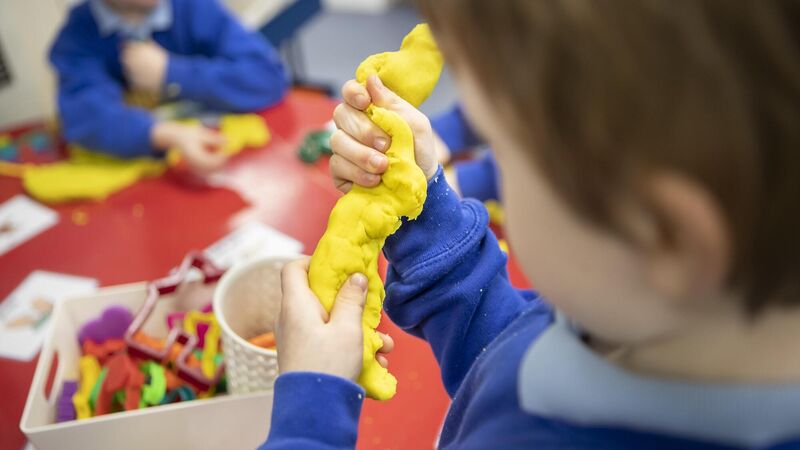Early years education 'will continue to struggle unless staff get pay parity'

The latest data from Pobal shows that one in three (34%) educators who left their job left the sector entirely, while 22% who left their job emigrated. Stock picture: Danny Lawson/PA
Bring early years graduates’ pay and conditions in line with teachers or else talented educators will continue to leave the sector and services will struggle, Early Childhood Ireland has warned.
The advocacy group has called on the Government to guarantee pay parity between early years and school age care graduates and primary school teachers, who are qualified to the same level.












